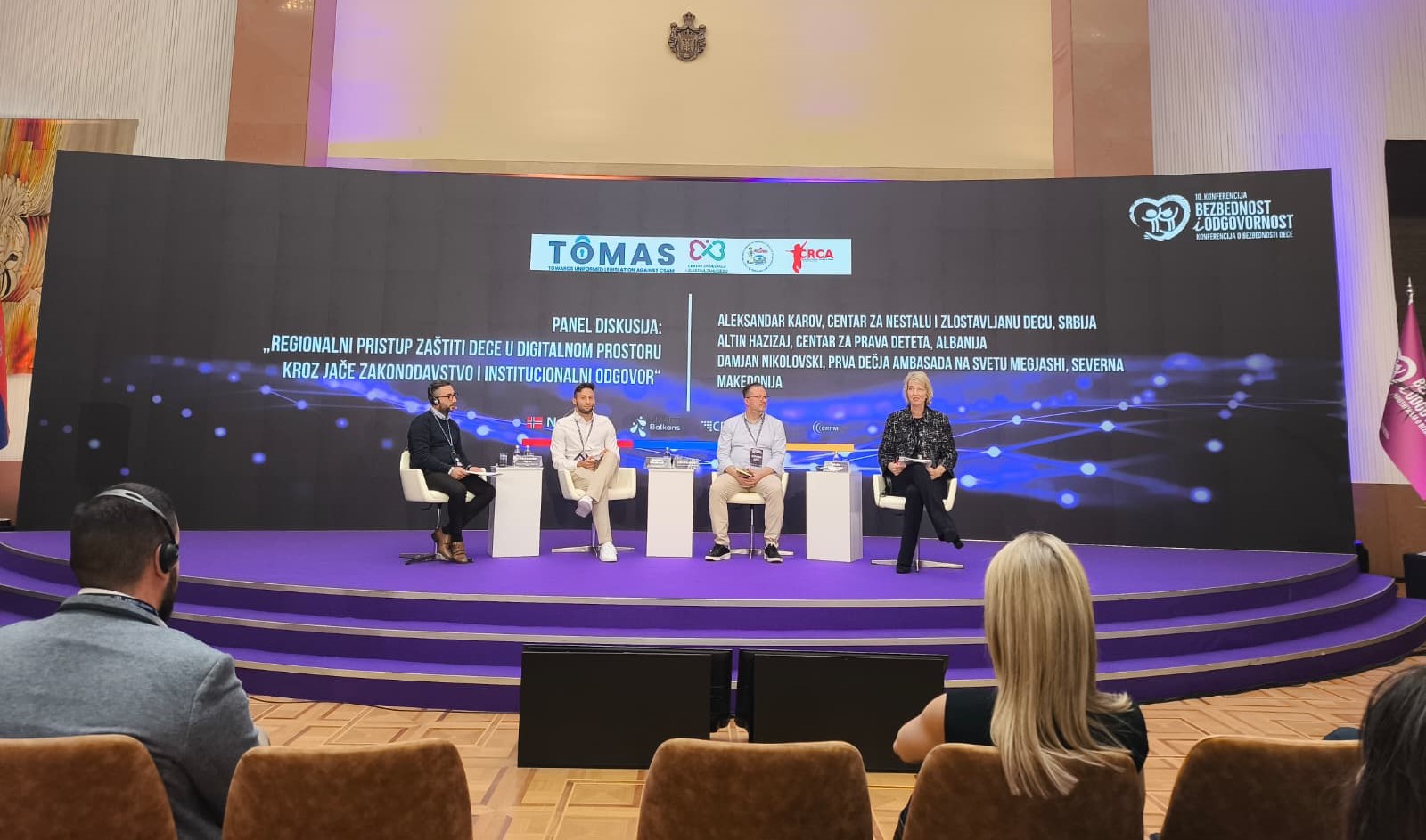The digital and environmental rights of children are invisible in the 2022 European Semester
Together with our members, we analysed whether the voices and perspectives of children are prioritised in the European Semester process
As part of the (In)visible Children – Eurochild 2022 report on children in need across Europe, Eurochild commented on the progress of the implementation of the European Semester across the different countries.
The European Semester Cycle drives EU policy coordination and national policy reforms and it is therefore crucial that child poverty and social exclusion are prioritised in this document. Eurochild members were consulted to analyse the European Semester process from their point of view.
While the European Semester is directed more at general policies, it is crucial to look at the effects this work has on children concretely. However, Eurochild was disappointed to see that only nine of the Country Specific Recommendations include a direct connotation to children, mentioned mostly in relation to childcare, child benefits and education. That being said, we do support the inclusion of children’s related indicators that provide a more detail-oriented overview on the situation of children in need.
Unfortunately, the European Semester often portrays children only as “future workers” instead of individuals bearing rights that must be recognised and upheld. Moreover, our report brings to light a lack of attention towards children’s health. In fact, both social and health care reforms are not included, while children’s mental health has not been mentioned sufficiently throughout the European Semester.
Other pillars of NextGenerationEU, namely ‘make it digital’ and ‘make it green’, are also lacking a child right dimension. Eurochild identified a lack of focus on child safety and protection in cyberspace, which is particularly important in light of the ongoing digitalisation and its impact on children. Similarly, children’s environmental rights are not mentioned.
Despite the partnership principle, national civil society organisations have rarely been consulted on the annual European Semester cycle. Encouraging a meaningful participation of child rights organisation is therefore something that deserves more attention in the upcoming cycles.
In our (In)visible children report, Eurochild assessed the inclusion of children in the European Semester and highlighted several aspects in which children need to be prioritised further. While there are some positive highlights, the majority of the European Semester is lacking a clear and concrete focus on children and their particular role as vulnerable members of society. Especially in regards to the increasing child poverty levels across Europe, our members identified a significant lack of attention on tackling this issue.
Together with our members, we will continue to advocate for decision-makers to further their efforts in bringing children at the heart of the political agenda.





